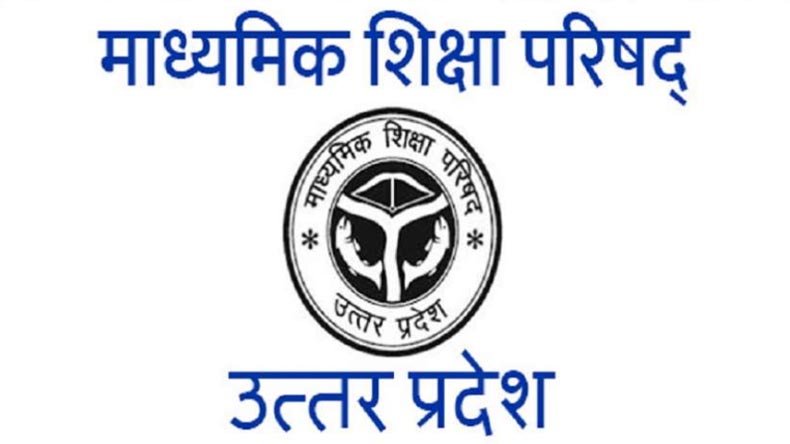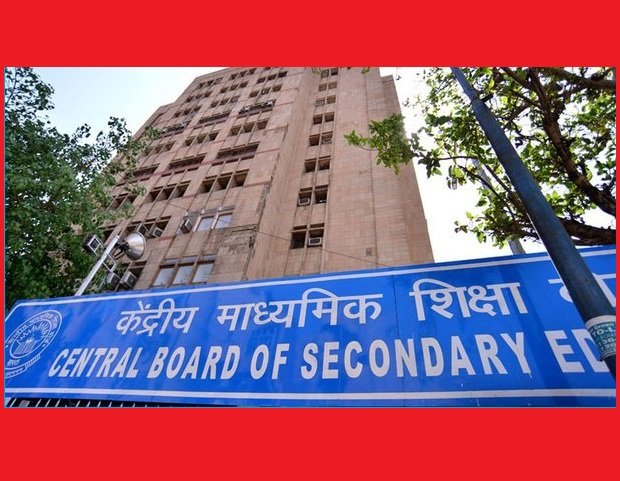The West Bengal NEET UG 2024 counselling process has experienced significant modifications, reflecting ongoing efforts by the authorities to refine and improve the admission procedures. One of the most notable changes is the cancellation of the stray vacancy round. This decision aims to streamline the counselling process and enhance its efficiency, ensuring that seats are allocated in a more organized manner.
Additionally, another important update pertains to the revision of minimum qualifying marks for PWD (Persons with Disabilities) candidates. This adjustment underscores the commitment to inclusivity and the recognition of the unique challenges faced by differently-abled aspirants. By lowering the minimum qualifying marks, the authorities are striving to enhance accessibility and provide a fairer opportunity for PWD candidates to secure a seat in medical institutions.
These updates are pivotal as they set the stage for a more structured and equitable counselling process in West Bengal. Subsequent sections will delve deeper into the specifics of these changes, offering a comprehensive understanding of how they will impact the stakeholders involved. By providing a thorough analysis, the blog aims to equip prospective students, parents, and educational institutions with the necessary insights for navigating the updated WB NEET UG 2024 counselling landscape effectively.
Cancellation of the Stray Vacancy Round
The cancellation of the stray vacancy round for the WB NEET UG 2024 counselling has stirred significant discussions among stakeholders, particularly students and educational authorities. According to the West Bengal Health and Family Welfare Department, this decision was driven by several core factors aimed at improving the overall counselling process. One of the primary rationales is the emphasis on streamlining admissions to ensure a more structured and timely allotment of seats. The authorities have noticed inefficiencies and delays in previous rounds largely attributable to the stray vacancy round.
By eliminating this round, the authorities aim to reduce administrative complications and expedite the finalization of admissions. Additionally, it has been observed that the stray vacancy round often prolonged the admission timeline, causing uncertainties for students. This can be particularly inconvenient for candidates awaiting their final placement, as the extended process may disrupt preparations and plans for the upcoming academic year.
The decision has potential implications for students who were counting on the stray vacancy round to secure a seat. Institutions will be expected to fill their seats more decisively in the initial counselling stages, thereby increasing the importance of earlier rounds. This shift necessitates better preparedness and strategic application choices by aspirants to ensure they secure a seat within the primary counselling phases.
To mitigate the impact on affected students, authorities are exploring alternative measures. One proposed solution includes increasing the options within the earlier rounds to accommodate more students effectively. Furthermore, other states, such as Maharashtra and Karnataka, have also considered similar measures or reforms in their counselling processes, reflecting a broader trend toward enhancing the efficiency of medical admissions across the country.
Revised Minimum Marks for PWD Candidates
In a significant update to the WB NEET UG 2024 guidelines, the minimum qualifying marks for Persons with Disabilities (PWD) candidates have been revised. This alteration aims to create a more inclusive and accessible medical education system. Previously, PWD candidates needed to secure a minimum qualifying mark of 45% in their NEET UG exams. However, the revised criteria now stipulate a lower threshold, set at 40%. This change is intended to provide a fairer chance to those who might face additional challenges due to their disabilities.
The decision to revise the minimum marks was influenced by a comprehensive review of the admission process and the performance data of PWD candidates in recent years. Authorities recognized that the previous threshold of 45% was a significant barrier for many deserving candidates. By reducing this requirement to 40%, the regulatory body aims to level the playing field, giving PWD aspirants a better opportunity to secure admission to medical programs.
The impact of this change is expected to be multifaceted. Firstly, PWD candidates will have increased chances of meeting the eligibility criteria, thereby enhancing their prospects of getting accepted into medical colleges. This could lead to a higher number of students with disabilities entering the medical profession, promoting greater diversity and inclusion within the field. Additionally, this adjustment may encourage more PWD students to pursue medical education, knowing that the system is more accommodating of their unique needs.
This policy shift is part of a broader effort to ensure that medical education is accessible to all sections of society. By lowering the minimum qualifying marks for PWD candidates, the authorities are taking a proactive step towards inclusivity. As this new system is implemented, it will be crucial to monitor its impact to ensure that the desired outcomes of increased accessibility and diversity are achieved.
Implications and Future Prospects
The recent updates to the WB NEET UG 2024 Counselling process, including the cancellation of the Stray Vacancy Round and the revision of minimum marks for PWD candidates, have significant implications for the medical admissions landscape. These changes reflect a strategic shift aimed at increasing transparency and inclusivity within the system. Although these adjustments may initially pose some challenges for both the administration and students, they present an opportunity to foster a more equitable admissions process.
One major implication of cancelling the Stray Vacancy Round is the potential reduction in last-minute manipulations and uncertainties that typically accompany the final phase of admissions. On the other hand, this also means that students must be more vigilant and proactive earlier in the process. The revised minimum marks for PWD candidates, while a commendable attempt to promote inclusivity, may necessitate additional support mechanisms to ensure that these candidates can compete effectively in the rigorous selection process.
Potential challenges include the increased pressure on students to secure their seats during the main counselling rounds. This could lead to heightened competition and stress, particularly for those on the borderline of eligibility. To navigate these changes effectively, students should focus on thorough early preparation and stay updated with the official guidelines. Educational institutions and counselling agencies may also need to enhance their support services, providing comprehensive guidance through webinars, workshops, and personalized counselling sessions.
Looking ahead, the WB NEET UG counselling framework is likely to continue evolving to address emerging educational trends and policy shifts. We might anticipate further digital integration, such as improved online platforms for counselling sessions and document verification, streamlining the process and making it more accessible. Additionally, shifts towards a more holistic evaluation of candidates, including extracurricular achievements and personal interviews, could become more prominent, aligning with broader trends in educational assessments.
These changes underscore a dynamic future for the WB NEET UG counselling process, emphasizing the importance of adaptability and continuous learning for aspiring medical professionals. By staying informed and proactive, students can better position themselves to seize the opportunities these updates present.





